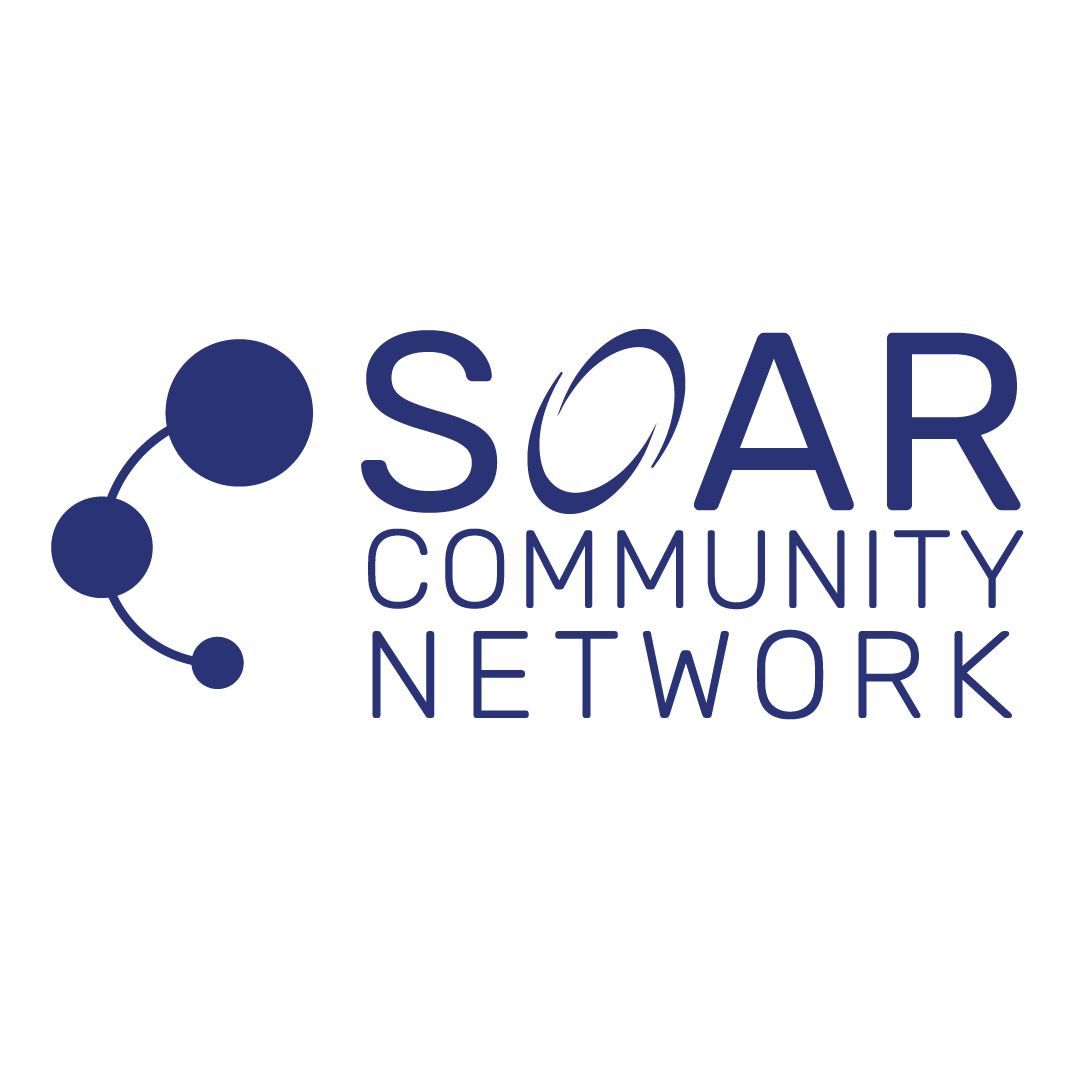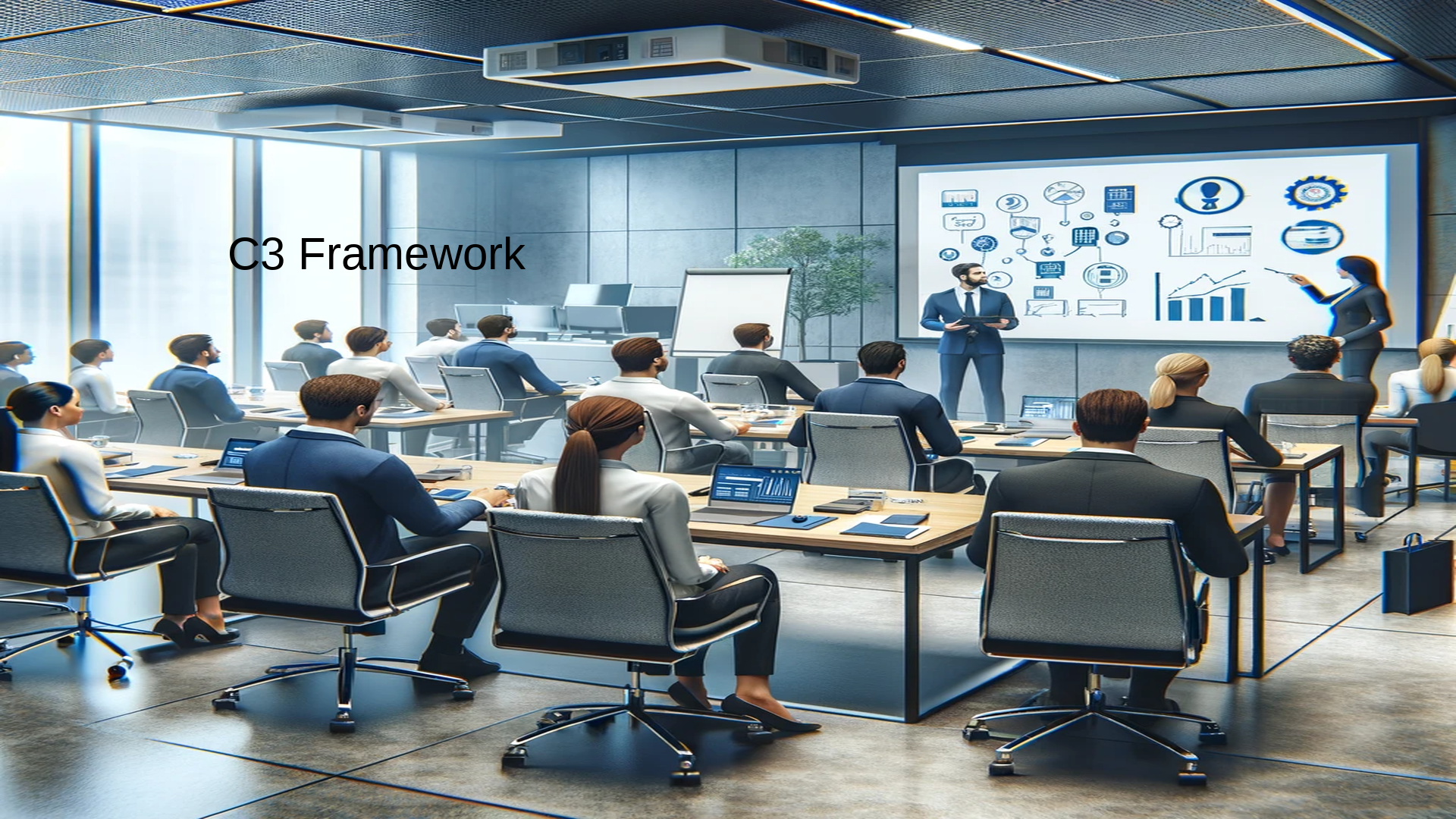Introduction
In the contemporary corporate landscape, the emphasis on employee development has shifted significantly. It’s no longer solely about professional upskilling; there’s a growing recognition of the importance of holistic personal and professional development. Executive teams are increasingly acknowledging that for employees to effectively contribute to the mission of their companies, there needs to be an alignment between their personal visions and their professional roles and responsibilities. This article explores why investing in the ongoing development of every employee, regardless of title, is crucial for organizational success, citing reputable resources to underline its importance.
Holistic development focuses on nurturing all facets of an employee’s life, understanding that personal well-being and professional growth are inextricably linked. Harvard Business Review highlights this approach as a key driver for employee engagement and productivity.
The Rationale for Executive Investment in Holistic Development
- Enhanced Employee Engagement: Gallup’s State of the Global Workplace report indicates that companies with high levels of employee engagement report higher productivity, better customer engagement, and higher profitability.
- Attraction and Retention of Talent: LinkedIn’s Global Talent Trends report underscores that organizations investing in their employees’ holistic development are more likely to attract and retain top talent.
- Alignment with Organizational Goals: As per a McKinsey & Company study, employees whose personal visions align with their professional roles are more committed to their organization’s goals.
- Promotion of Innovation and Creativity: A study by Deloitte concludes that employees who receive support for personal and professional development tend to be more innovative and creative.
- Building a Resilient Workforce: Research by the American Psychological Association shows that holistic development programs contribute to building a more adaptable and resilient workforce.
Implementing Holistic Development Programs
- Comprehensive Learning and Development Programs: Implementing learning programs that cover a broad range of skills, from technical expertise to emotional intelligence and stress management.
- Regular Personal Development Plans (PDPs): Encouraging employees to create PDPs that align their personal goals with their professional objectives.
- Mentorship and Coaching: Establishing mentorship programs where employees can receive guidance and support from more experienced colleagues.
- Work-Life Balance Initiatives: Introducing initiatives that promote a healthy work-life balance, such as flexible working hours and wellness programs.
- Leadership Development: Investing in leadership development programs to cultivate a leadership style that values and promotes holistic development.
- Feedback and Evaluation Mechanisms: Creating systems for regular feedback and evaluation to ensure that development programs are meeting the needs of employees and the organization.
Challenges in Implementing Holistic Development Programs
Implementing holistic development programs comes with challenges such as budget constraints, measuring the ROI of such programs, and ensuring participation from all employees. Overcoming these challenges requires a strategic approach, where the benefits of such investments are clearly communicated and demonstrated.
Conclusion
The investment in holistic development programs by executive teams is no longer a luxury but a necessity in the modern workplace. By aligning employees’ personal visions with their professional roles, organizations can foster a more engaged, innovative, and committed workforce, driving them towards achieving their strategic goals.
References
- Harvard Business Review, “The Value of Holistic Employee Development”
- Gallup, “State of the Global Workplace Report”
- LinkedIn, “Global Talent Trends Report”
- McKinsey & Company, “Aligning Personal and Organizational Values”
- Deloitte, “Impact of Holistic Employee Development on Organizational Success”
- American Psychological Association, “Building Resilience Through Employee Development”

